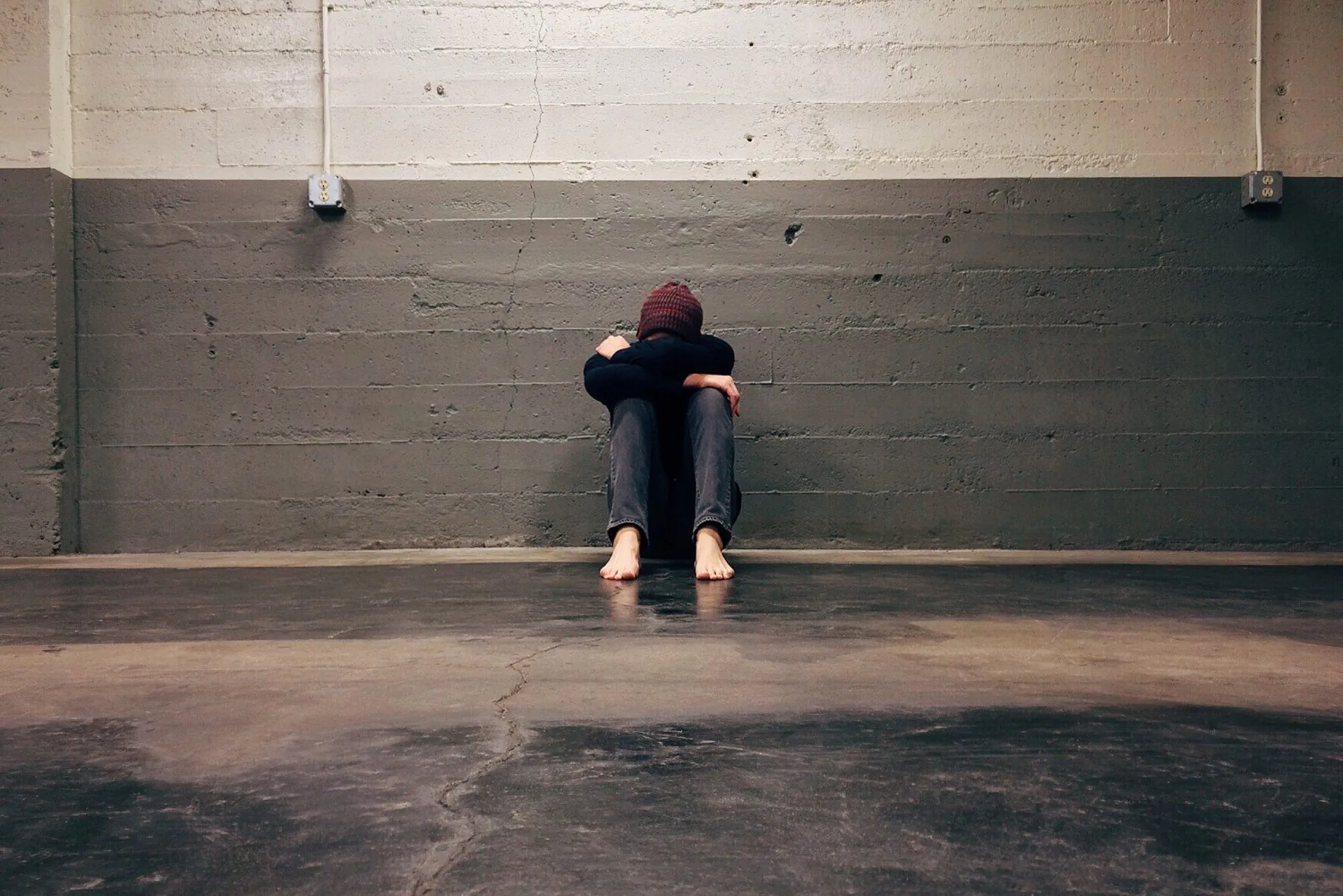Social anxiety is defined as an intense fear and discomfort in social situations. It is a common diagnosis and can negatively impact various aspects of life, affecting relationships, career opportunities, and overall well-being. However, with proper coping strategies and support, individuals can manage social anxiety and improve their mental health. Longevity Live Paid Content.
Below, we will explore effective techniques to cope with social anxiety and enhance overall well-being.
Understanding Social Anxiety
Let’s delve into the definition and symptoms of social anxiety disorder – you can click here for an in-depth definition. By understanding the condition, individuals can identify and acknowledge their struggles – something considered to be an essential step toward seeking help and implementing coping strategies.
Social anxiety, also known as social phobia, is an anxiety disorder characterized by a persistent fear of social situations and a strong desire to avoid them. Individuals with social anxiety often experience excessive self-consciousness, fear of judgment or embarrassment, and physical symptoms such as sweating, trembling, or rapid heartbeat in social settings.
It’s essential to be aware of common symptoms of social anxiety, which may include fear of public speaking, avoidance of social gatherings, difficulty initiating or maintaining conversations, excessive self-doubt, and constant concern about being judged or humiliated. Recognizing these symptoms can help individuals seek appropriate support and develop coping strategies.
Coping Strategies for Social Anxiety
There are numerous practical techniques that help people cope with social anxiety and manage its impact on mental health. These strategies can empower individuals to gradually overcome their fears and improve their overall well-being. Some of the best solutions include:
- Seeking Professional Help: Consulting a mental health professional, such as a therapist or counselor, can provide valuable guidance and support in managing social anxiety. Therapies like cognitive-behavioral therapy (CBT) or exposure therapy can help individuals challenge negative thoughts, develop healthier beliefs, and gradually confront feared social situations.
- Practice Relaxation Techniques: Engaging in relaxation techniques can help reduce anxiety symptoms. Deep breathing exercises, progressive muscle relaxation, and mindfulness meditation are effective strategies that promote relaxation, reduce physical tension, and enhance overall emotional well-being.
- Gradual Exposure: Gradual exposure involves gradually facing feared social situations in a controlled and supportive manner. By gradually exposing themselves to situations that cause anxiety, individuals can build tolerance and confidence over time. One can do this with the help of a therapist or by creating a step-by-step plan for exposure.
- Challenge Negative Thoughts: Social anxiety often stems from negative thoughts and beliefs about oneself, others, and social interactions. Challenging these thoughts by examining evidence, questioning assumptions, and replacing negative beliefs with more positive and realistic ones can be instrumental in reducing social anxiety.
Building Social Skills and Support
Building social skills and establishing a support system is crucial in managing social anxiety. But knowing how to build social skills and the best support system is not always easy. That’s why we’ve picked some of the best for you.
- Social Skills Training: Social skills training can help individuals develop effective communication, assertiveness, and conflict-resolution skills. Role-playing exercises, group therapy, or joining social clubs or classes can provide opportunities to practice these skills in a safe and supportive environment.
- Join Supportive Communities: Connecting with others who have experienced or are experiencing social anxiety can offer a sense of validation, support, and understanding. Online forums, support groups, or community organizations dedicated to mental health can provide a platform to share experiences, seek advice, and find comfort in knowing that one is not alone.
 Self-Care and Lifestyle Changes
Self-Care and Lifestyle Changes
Self-care practices and lifestyle changes are essential for improving mental health and reducing social anxiety. This is a way of soothing anxiety and creating a coping mechanism, and some lifestyle changes can create positive socialization. Some of the best ways to promote self-care and the best lifestyle changes include:
- Prioritize Self-Care. Engaging in self-care activities, such as sufficient sleep, healthy eating, and regular exercise. Can have a positive impact on mental well-being. Taking time for oneself, practicing hobbies, and engaging in activities that bring joy and relaxation are essential in managing stress and promoting overall mental health.
- Limit Social Media Use. Social media can contribute to feelings of inadequacy, comparison, and social pressure, which can worsen social anxiety. Limiting social media consumption and being mindful of its impact on mental health can help individuals. This allows them to focus on their own progress and well-being rather than comparing themselves to others.
- Challenge Perfectionism. Social anxiety often goes hand-in-hand with a fear of making mistakes or facing judgment. Challenging perfectionism and setting realistic expectations for oneself can alleviate unnecessary pressure and create space for personal growth and self-acceptance.
Managing social anxiety and improving mental health is an ongoing journey that requires patience, self-compassion, and support. By understanding social anxiety, implementing effective coping strategies, building social skills and support networks, and prioritizing self-care. Individuals can take significant steps towards overcoming social anxiety and leading a fulfilling life. Remember, seeking professional help is crucial, and it’s essential to be patient and kind to oneself throughout the process.





![women [longevity live]](https://longevitylive.com/wp-content/uploads/2020/01/photo-of-women-walking-down-the-street-1116984-100x100.jpg)










